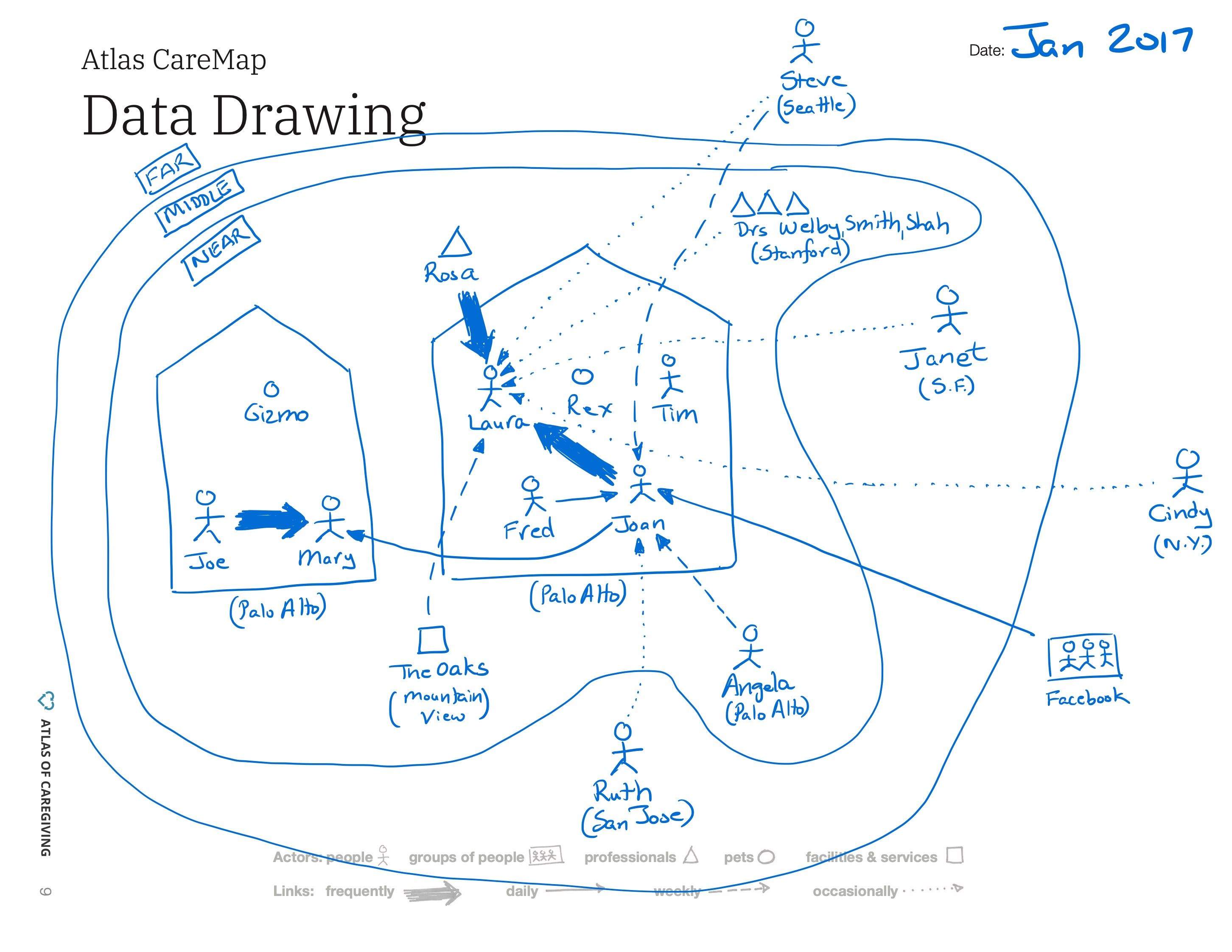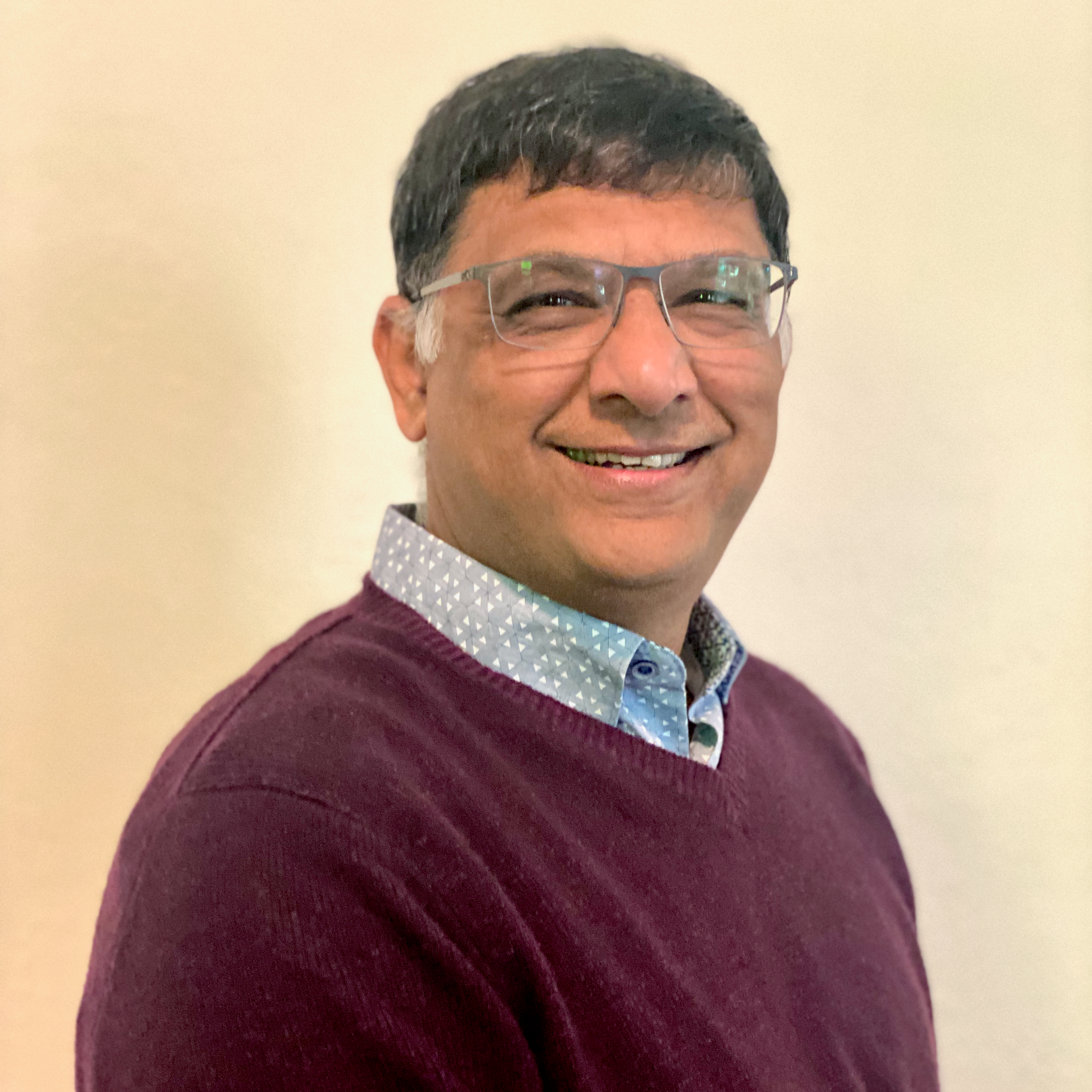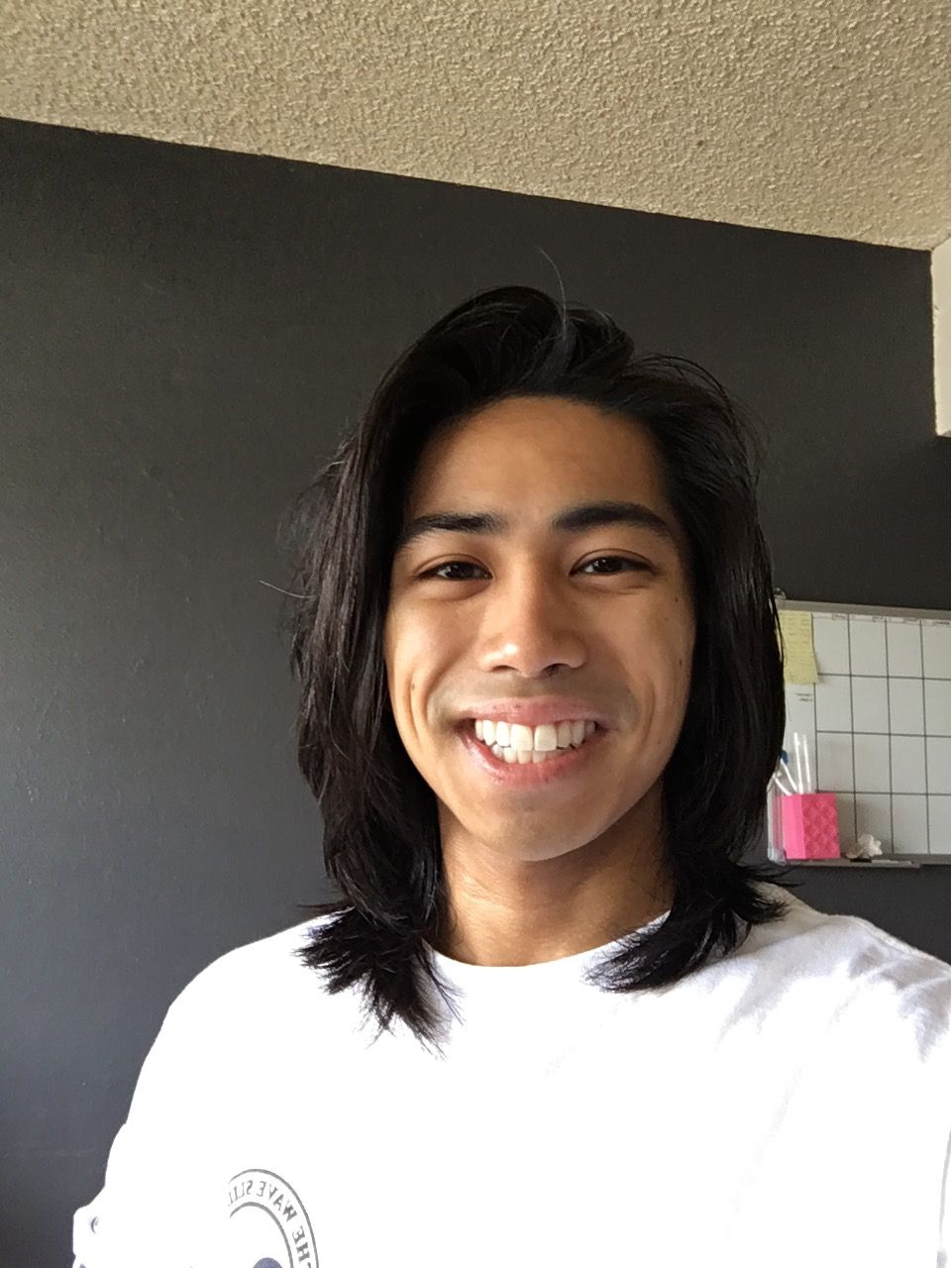Atlas CareMapping
In this module you will learn how to have more awareness and clarity on the web of care and connection in your life—who is caring for whom and how. You will learn a variety of exercises to become more observant of acts of care in day-to-day living. You will learn to create an Atlas CareMap, a diagram of your care ecosystem, and personalize it for your own needs. And you will learn to use these tools to better connect with others in your life.

Structure
The material is divided into five units, with many videos, exercises, worksheets and pointers to additional resources. You can pause and pick up where you left off at any point. Each unit, except for the introduction, concludes with a reflection. Once you complete all the reflections, Weave staff will email you a Certificate of Completion.
We also invite you to discuss your learning and thoughts on how this content applies to weaving in our online community. You must be a member of the community to receive the certificate and post in the community. Please join today.
Partner
This course was developed in partnership with Atlas of Care
Live Sessions
In Spring 2024, we offered live sessions to support your journey in the Atlas CareMap module in the Weave Learning Center. Recordings are available below.
Session #1 (March 14): We focused on the introductory material and the exercises in “Seeing Care in Everyday Life.” To get the most out of the session, please complete Units 1–2 (read, and do exercises and reflections).
Watch the recording
Session #2 (March 28): We focused on people’s first drawing of their CareMap. How was the experience? What did they learn? To get the most out of the session, please complete Units 1–3 (read, and do exercises and reflections).
Watch the recording
Session #3 (April 11): We focused on the experiences of and learnings from sharing their CareMap with others, and perhaps teaching others how to draw their own map. To get the most out of the session, please complete Units 1–4 (read, and do exercises and reflections).
Watch the recording
Your Instructors
Rajiv Mehta

Rajiv, CEO of nonprofit Atlas of Care, founded the organization to study and nurture cultures of belonging and wellbeing. With an educational background in engineering (Princeton and Stanford) and business (Columbia), Rajiv conducted scientific research at NASA, and then led product and business innovation efforts in Silicon Valley (Apple, Adobe, etc.). Two decades ago he got inspired by the potential to apply this experience to dramatically transform how we care for ourselves, our families, and our communities. Rajiv has guided people, from corporate executives and health professionals to military commanders and social activists, to learn Personal Science practices. These innovative methods of individual and collective self-exploration enable gathering and analyzing data of our complex, interconnected daily lives—to create a collection of personal maps that help people strengthen their social bonds and better care for themselves. He is a member of the Weave Speakers Bureau.
Patrick Padiernos

Patrick is an applied anthropologist specializing in the study of care systems and how we visualize the future of care. Holding a Master’s degree in Applied Anthropology from San Jose State University, Patrick’s work revolves around the intersection of health, technology, and human behavior. In his research, Patrick employs a comprehensive range of qualitative and quantitative research methods to embrace diverse perspectives and gain insights into human health and illness as a fully biocultural phenomenon. His focus is on understanding the influence of the digital world on human health and behavior while also investigating issues related to access to technology. Healthcare and the broader study of care systems are his primary areas of interest. As an integral member of the Atlas of Care team, Patrick’s expertise in applied anthropology has been instrumental in examining how people visualize and engage with care systems. Studying how individuals visualize their future of care, his contributions have shaped innovative approaches to studying and enhancing the ways we care for ourselves, our families, and our communities.